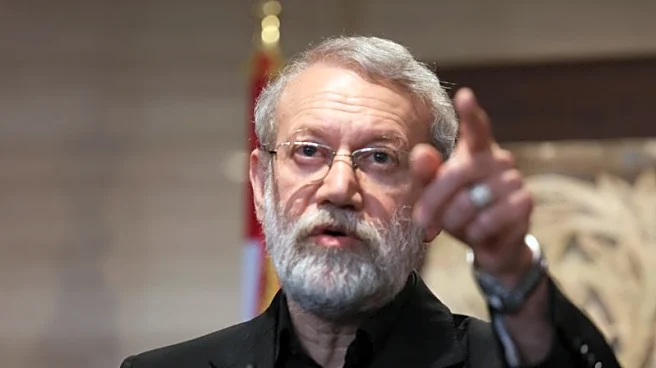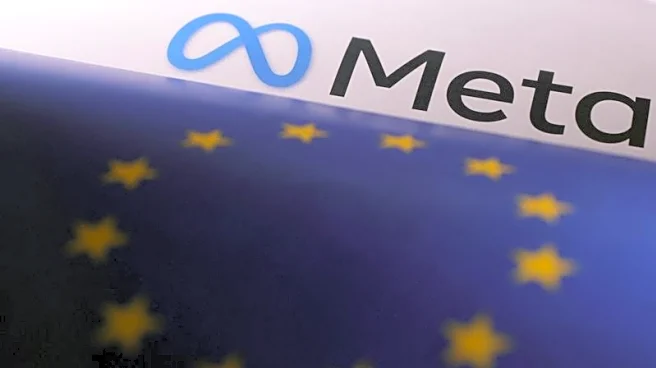Rapid Read • 7 min read
A new study by leading economists has revealed that the wealthiest Americans pay significantly lower tax rates than previously thought. Despite an official average tax rate of 34%, the richest individuals actually pay around 24%, thanks to various tax avoidance strategies. The study highlights the regressive nature of the U.S. tax code, which allows billionaires to use creative accounting to reduce their taxable income. This disparity is particularly pronounced among the top 400 wealthiest Americans, whose tax rates are lower than those of many middle-class professionals. The findings underscore the impact of the Tax Cuts and Jobs Act, which has further reduced tax obligations for the ultra-wealthy.
AD
The study's findings have significant implications for economic inequality and public policy in the United States. As the wealthiest individuals continue to pay lower tax rates, the burden of funding public services increasingly falls on lower-income and middle-class taxpayers. This situation exacerbates income inequality and limits the government's ability to invest in essential services such as healthcare and education. The study also raises questions about the fairness and effectiveness of the current tax system, prompting calls for reform to ensure a more equitable distribution of tax responsibilities.
The study sheds light on the broader ethical and societal implications of tax avoidance by the ultra-wealthy. It highlights the need for a more transparent and accountable tax system that addresses loopholes and ensures that all citizens contribute their fair share. The findings may influence future policy debates and legislative efforts aimed at tax reform, as well as public perceptions of wealth and inequality in America.
AD
More Stories You Might Enjoy












